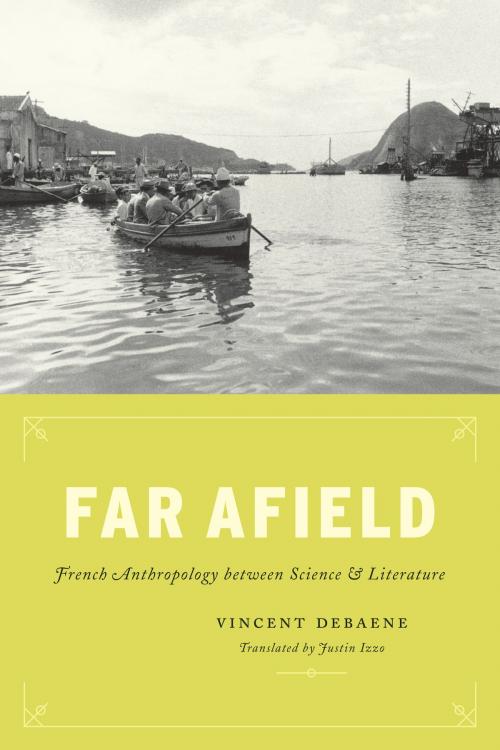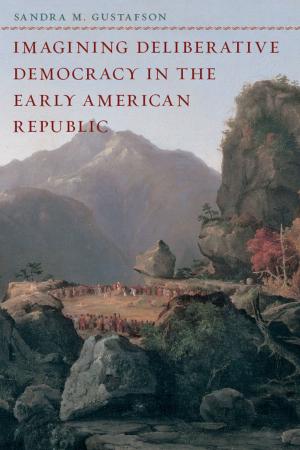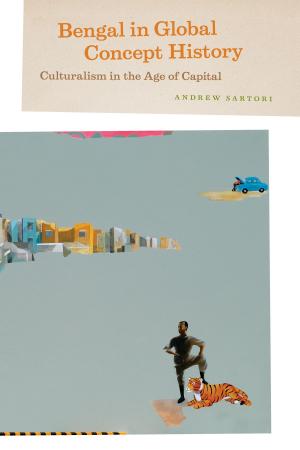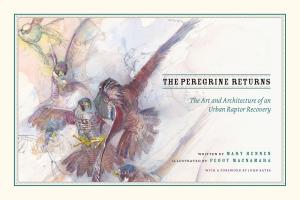Far Afield
French Anthropology between Science and Literature
Nonfiction, Social & Cultural Studies, Social Science, Anthropology, Fiction & Literature, Literary Theory & Criticism| Author: | Vincent Debaene | ISBN: | 9780226107233 |
| Publisher: | University of Chicago Press | Publication: | April 4, 2014 |
| Imprint: | University of Chicago Press | Language: | English |
| Author: | Vincent Debaene |
| ISBN: | 9780226107233 |
| Publisher: | University of Chicago Press |
| Publication: | April 4, 2014 |
| Imprint: | University of Chicago Press |
| Language: | English |
Anthropology has long had a vexed relationship with literature, and nowhere has this been more acutely felt than in France, where most ethnographers, upon returning from the field, write not one book, but two: a scientific monograph and a literary account. In Far Afield—brought to English-language readers here for the first time—Vincent Debaene puzzles out this phenomenon, tracing the contours of anthropology and literature’s mutual fascination and the ground upon which they meet in the works of thinkers from Marcel Mauss and Georges Bataille to Claude Lévi-Strauss and Roland Barthes.
The relationship between anthropology and literature in France is one of careful curiosity. Literary writers are wary about anthropologists’ scientific austerity but intrigued by the objects they collect and the issues they raise, while anthropologists claim to be scientists but at the same time are deeply concerned with writing and representational practices. Debaene elucidates the richness that this curiosity fosters and the diverse range of writings it has produced, from Proustian memoirs to proto-surrealist diaries. In the end he offers a fascinating intellectual history, one that is itself located precisely where science and literature meet.
Anthropology has long had a vexed relationship with literature, and nowhere has this been more acutely felt than in France, where most ethnographers, upon returning from the field, write not one book, but two: a scientific monograph and a literary account. In Far Afield—brought to English-language readers here for the first time—Vincent Debaene puzzles out this phenomenon, tracing the contours of anthropology and literature’s mutual fascination and the ground upon which they meet in the works of thinkers from Marcel Mauss and Georges Bataille to Claude Lévi-Strauss and Roland Barthes.
The relationship between anthropology and literature in France is one of careful curiosity. Literary writers are wary about anthropologists’ scientific austerity but intrigued by the objects they collect and the issues they raise, while anthropologists claim to be scientists but at the same time are deeply concerned with writing and representational practices. Debaene elucidates the richness that this curiosity fosters and the diverse range of writings it has produced, from Proustian memoirs to proto-surrealist diaries. In the end he offers a fascinating intellectual history, one that is itself located precisely where science and literature meet.















